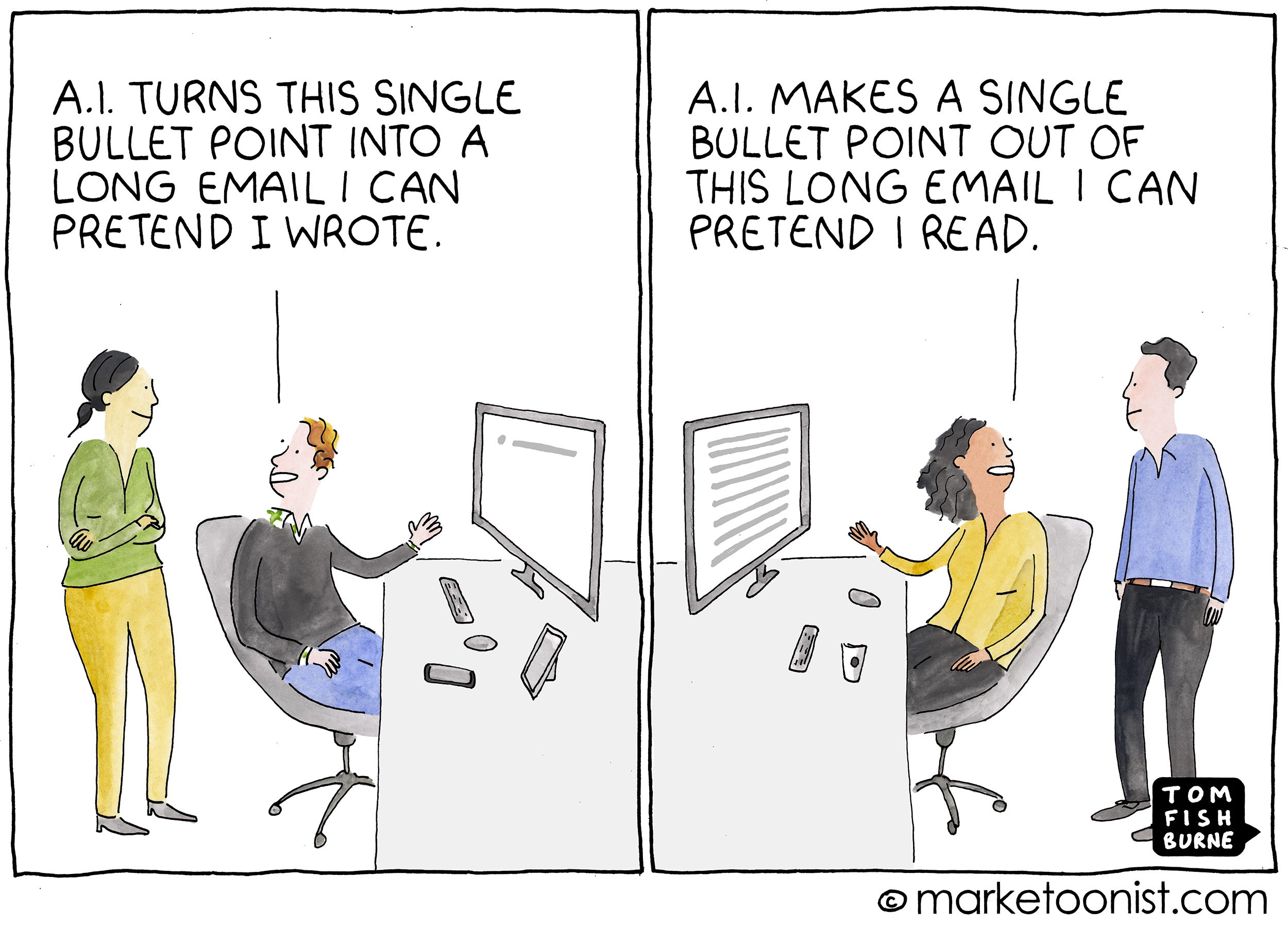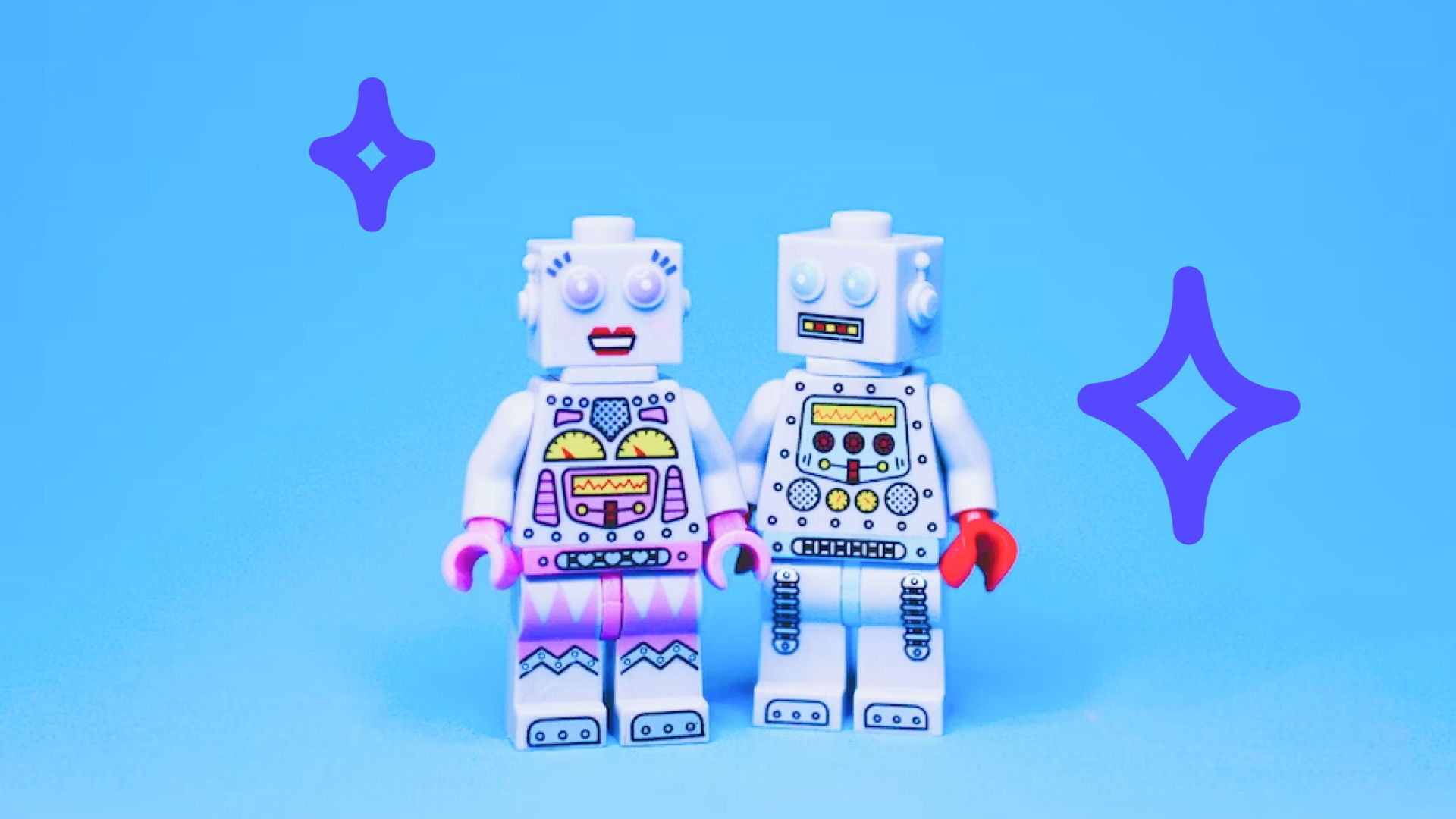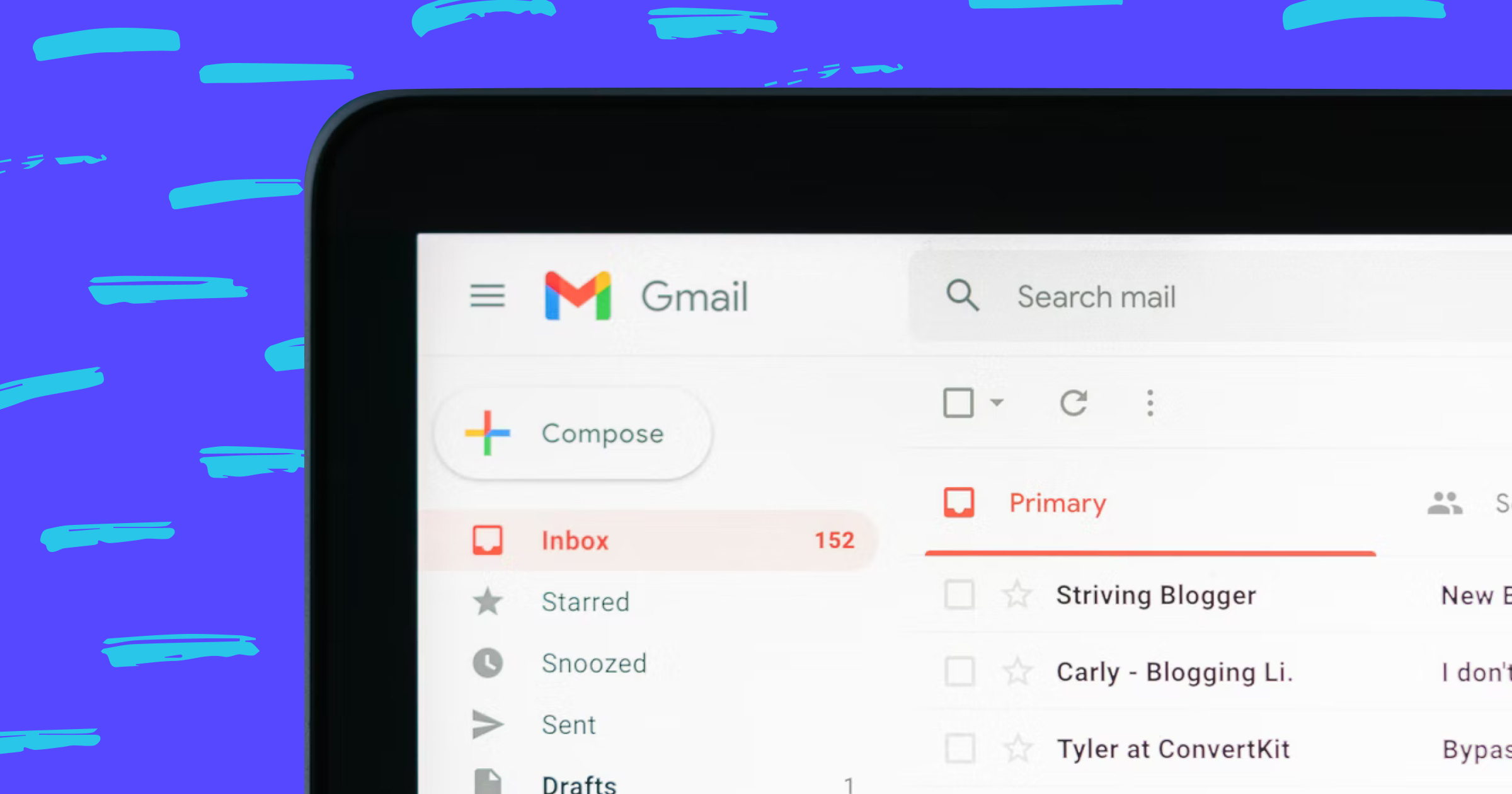AI in PR: Benefits, Risks, Best Practices and How it is Changing Public Relations
Artificial Intelligence is here – and it's coming for PR.
We didn't expect this day would come so soon.
We thought we still had time.
But the AI overlords are knocking at our door and demanding all of our jobs.
Not really, but it can feel like that if you tune into the cacophony of hype surrounding ChatGPT, GPT-4, and all of the other dystopian-sounding acronyms that people have been throwing around like confetti since ChatGPT's release in November 2022.
So we have to ask: how is AI going to change communications? What does this mean for PR agencies? And will comms simply devolve into a bunch of robots talking to one another?
AI can be a powerful tool to bolster PR if it's used correctly. In this article, we'll discuss the potential benefits of AI, talk about some of the drawbacks, and analyze the nuance of this new tech in the PR industry.
Translate your press release in seconds with Prezly
Publish your press release with Prezly and translate it into 30+ languages with our integrated DeepL AI auto translation feature, available in your 14-day free trial.

There's been a lot of talk about how automation and technology might impact jobs, and it's leaving many people... well, a bit uneasy.
If you ask AI itself, it reassures you with dulcet tones that it is not, in fact, gunning for your job:

Panic might be too strong a word, but it's close. AI chatbots have evolved from clunky novelties to an overnight sensation, and people seem to fall into two camps:
- Those who are all-in on AI, ready to let ChatGPT and its peers revolutionize everything.
- Those who see AI as a passing trend and resist the change.
The truth is, the future will probably land somewhere in between. AI will bring change, but the idea that 99% of people will be obsolete tomorrow is exaggerated (I have to believe that as a writer).
In the PR world, change is coming, but that doesn’t mean we should toss our computers just yet.

Before we panic too much, what are the biggest benefits we can expect to come from AI in the communications field, and what tasks can we hand over to AI wholesale?
Boring tasks are now the robots' problem. AI is great at taking over routine tasks that consume time and energy.
For example, generative AI can help you write first drafts for emails, press releases, and social posts. This means you spend less time on tedious and more time on strategic tasks.
AI can help you generate fresh ideas and inspiration. For instance, by asking an AI tool like ChatGPT to suggest a list of trending topics for a press release in your industry, you’ll get context quickly and start your research on the right track.
While AI can’t replace traditional research, it’s a great way to get started.
AI can help with content drafting for press releases and reports using natural language processing. This can be particularly useful for creating a first draft. For example, an AI tool could help structure a press release or suggest an effective tone.
More recently, AI humanizers are being used to fine-tune content so it better connects with readers. That said, human oversight is still crucial to make sure the final message hits the right note and speaks directly to the intended audience.
Many specialist PR tools are already integrating AI into their software to help make it easier to assemble and improve media lists.
Examples include Cision's media list AI, and Prezly's automated contact enrichment and coverage feature, which suggests contacts based on coverage received and automatically fetches reach data for organization contacts.

AI can help track and manage your brand’s reputation. By analyzing online conversations and media mentions, AI can flag potential issues before they escalate.
For instance, if a crisis emerges, AI-driven sentiment analysis can help identify the issue and inform your real-time PR response.
AI tools can analyze media coverage and public sentiment towards your brand. This can be particularly helpful in crisis management. For example, AI-driven sentiment analysis can help you monitor how the public reacts to a product launch or campaign, and take immediate action if there are negative sentiments.
AI-powered tools can help draft professional email replies, so you can manage client communications more efficiently. This is particularly useful for handling routine inquiries or follow-ups, freeing up time for more personal, high-level interactions.
While it's not the best idea to leave all our interpersonal communication to robots, ChatGPT and other AI tools can create first-draft copy for things like emails, job descriptions, and other dry-but-necessary text.

AI has even made its way into video creation. Tools that turn articles into videos using stock footage and text overlays can be a game changer for PR teams looking to create engaging multimedia content quickly. For example, turning a listicle or press release into a shareable video can help amplify your message across different platforms.
AI-driven tools can analyze vast amounts of data to predict the best messages for your audience. By analyzing trends, audience behavior, and campaign results, AI can help guide effective strategies, saving you time on trial and error. For example, AI could predict which headline or angle will generate the most press coverage.
AI tools like Google Translate or Prezly’s built-in translation tool can provide a useful starting point when translating press releases into multiple languages. While these tools are not perfect, they offer a quick way to get a draft that you can refine and adapt for a specific audience.
Translate your press release in seconds with Prezly
Publish your press release with Prezly and translate it into 30+ languages with our integrated DeepL AI auto translation feature, available in your 14-day free trial.

AI-powered tools for social media scheduling and content creation can help maintain a consistent online presence. While these tools can handle the automation, always ensure there's a human touch for engagement. AI can suggest the best times to post or identify popular hashtags, helping to maximize the reach of your PR efforts.
AI can track media mentions and measure their impact. This helps PR professionals monitor brand mentions across various platforms, track trends, and adjust campaigns accordingly. For instance, if a competitor's press release gains traction, AI tools can help identify how and where to engage with the conversation.
AI tools can sift through social media posts to help PR teams find influencers that resonate with their target audience. This allows brands to collaborate with the right people who can elevate their PR/marketing campaigns. AI can track engagement rates, follower demographics, and content relevance, ensuring your influencer strategy is spot on.
AI chatbots can handle initial customer inquiries, gather lead information, and direct queries to the appropriate PR teams. They can even suggest responses for common FAQs or client concerns, increasing efficiency and engagement.
AI’s ability to analyze data and highlight trends allows PR teams to make faster, data-driven decisions. For instance, by using AI-powered tools, PR pros can predict the success of a press release or campaign based on historical data and media sentiment.
AI tools can analyze past campaign data to forecast budget needs and allocate resources effectively. PR teams can use this data to make more informed decisions about where to invest their resources for maximum return on investment (ROI).
AI can analyze audience behavior and suggest content that’s likely to resonate with them. This can help public relations professionals create highly-targeted campaigns that align with audience interests. AI tools can recommend headlines, story angles, or even media outlets to target based on past performance and current trends.
You can ask chatbots to create a variety of first-draft technical documents, do some preliminary research, and help you get over a case of writer's block.
Ready to tell your brand story?
Publish and share your stories with a completely free 14-day trial of Prezly to start to understand how people engage with your content – and which of your contacts are your biggest fans. No payment info required.

Here are some PR tasks that AI is garbage for, and a few things you can do to safeguard against the machines.
AI can automate tasks, but building relationships requires a personal touch. Use AI to save time on mundane work, but focus your energy on genuine conversations and collaboration. Personalized outreach stands out – don't rely on AI to do your pitching.
AI can assist with data, but strategy comes from understanding your brand and audience. Use AI for analysis, but don’t let it drive your creative decisions. Your unique vision should guide your strategy, not a machine.
AI can generate content quickly, but it lacks true creativity. Use it as a starting point, but refine and personalize the output. High-quality copywriting requires originality, context, and a human element – something AI can’t replicate.
AI creates variations of the same content for many people, making it harder to stand out. Use AI for efficiency, but your unique perspective and creativity are what will truly differentiate you in the PR field.
AI’s information isn’t always accurate. Double-check any facts it provides before using them in your work. Rely on your own research to ensure accuracy and credibility.
AI can help analyze sentiment during potential crises, but human intervention is crucial for crafting the right response. When it comes to crisis communications strategy, use AI to monitor but let your team handle messaging and strategy.
AI can track mentions and sentiment, but it can't interpret the nuances of your brand's reputation. Use AI to gather data and then apply your expertise to understand the bigger picture.
AI excels at automating repetitive tasks like scheduling or generating basic copy. Don’t lean on it for tasks that require human creativity and insight. Keep AI in its lane – efficient but not visionary.
AI tools can help analyze audience sentiment, but human judgment is needed to get a deeper understanding of trends. Use AI to gather data, but ensure you’re applying your expertise to draw meaningful conclusions.
AI can track campaign results and suggest optimizations, but it can't replace the strategic thinking required to get the best return on investment. Use AI to measure and adjust, but lead the strategic decisions yourself.
AI is here to stay, but its ethical considerations need to be addressed. While chatbots like ChatGPT can help with tasks like meal planning or writing, their use in professional settings raises serious concerns. From misinformation to privacy issues, relying on AI for PR comes with risks that need careful consideration.
AI is a text prediction tool, not a truth detector. It cannot parse right from wrong, good from evil, N'Sync from Backstreet Boys. It just recognizes patterns in large sets of data.
In the world of eroded trust, Fake News™️, and an internet where an estimated 62% of data is already unreliable information, ChatGPT misuse exacerbates this problem.
Without reliable sources, AI can generate incorrect information. This is especially risky in PR, where accurate, reliable, and fact-checked content is crucial. Over-reliance on AI could worsen misinformation in an already trust-challenged media landscape.
AI operates in a black box. Even if companies claim transparency, which the vast majority do not, understanding how AI makes decisions or where its data comes from is challenging. This opacity raises concerns about how AI influences outcomes, especially in a professional context.
AI can reflect biases inherent in its programming. While companies like OpenAI claim to be working on correcting this (stating biases are "bugs, not features"), the issue remains that AI companies can pretty much program their software to do or say whatever they want.
Bias in AI, whether intentional or not, can distort public perception and damage credibility.
So, what happens to the data you ask the chatbots to process? How is your company's IP (intellectual property) being managed? We discussed previously the issues around transparency and how data is being used by the various AI software, but what about your data (and, subsequently, your employers' and clients' data)?
The use of AI raises questions about data security. Without clear insight into how AI stores, uses, or distributes data, privacy risks become a significant concern for PR professionals.
AI does not create original content; it repurposes existing information. That's true for chatbots but applies to things like text-to-image and text-to-video generators as well.
This poses ethical and legal challenges, especially in content creation. Passing off AI-generated material as original could lead to copyright issues, complicating the future of intellectual property.
Here are our best tips for how to navigate AI in PR in these exciting times:
Some businesses are welcoming AI with open arms, even replacing staff and freelancers with AI. Others are putting strict company guidelines in place around the usage of such software.
Discuss AI usage with your team and clients to ensure everyone is comfortable with it. Different businesses have varying policies on AI, so make sure to align expectations around its use in tasks like content creation.
The best way to avoid legal or ethical issues regarding any AI tools for PR or technological advancement is to simply not over-rely on it for the creative process.
AI can help jumpstart creative processes, but it shouldn’t replace human input. Add your personal touch to AI-generated drafts of press releases, blog posts, and designs to ensure they reflect unique, human creativity.
"I got it from ChatGPT" will not hold up as a reasonable excuse if you accidentally publish or produce something made-up.
Always double-check AI-generated content for accuracy. Use additional tools to verify facts and avoid plagiarism or reliance on incorrect information that AI might provide.
AI may reflect hidden biases. Use your own judgment to spot potential issues and ensure the content remains neutral and fair. Always ask for sources and references. Like with all websites and news sources, watching for bias and requesting references from chatbots can help us observe and filter for "facts" that aren't actually facts.
The conversation around the ethics and legalities of artificial intelligence has only just begun. Some countries, like Italy, are pre-emptively banning AI tools due to privacy concerns. Even technological cowboy and prolific shitposter Elon Musk is side-eyeing the technology.
AI regulations are still evolving. Stay updated on the legal landscape in your region, as new laws or bans could affect how you use AI in your PR efforts.
Leverage AI for repetitive tasks, like media list building or monitoring, but remember that it’s your creativity and strategic thinking that will truly set you apart.
We've already seen this particular brand of laziness proliferate the PR world through cluttered inboxes full of generic spam pitches, HARO pitches written entirely by AI, and press releases pulled straight from budget copywriting software.
What will set you apart as a PR professional in this new age is simply not being lazy. Think strategically, get creative, and be human-centered in your approach to any and all communications.
In a world where everything is written by robots, be a person.
AI is reshaping PR, offering efficiency but also risks. It can handle the repetitive tasks, but creativity and strategy still come from us. In the end, AI should enhance our work, not replace it.
Stay smart, stay creative, and don’t let the robots win.
At Prezly, we help you streamline your PR efforts, so you can focus on what matters – building relationships and telling standout stories. Ready to elevate your PR? Try Prezly all-in-one PR software and see how AI can help you work smarter, while staying human.
Prezly – software for modern PR teams
Write & publish brand stories in an online newsroom
Send email campaigns, pitches & newsletters
Manage all your contacts in a single CRM, with easy import & export
Measure performance with analytics & built-in media monitoring



